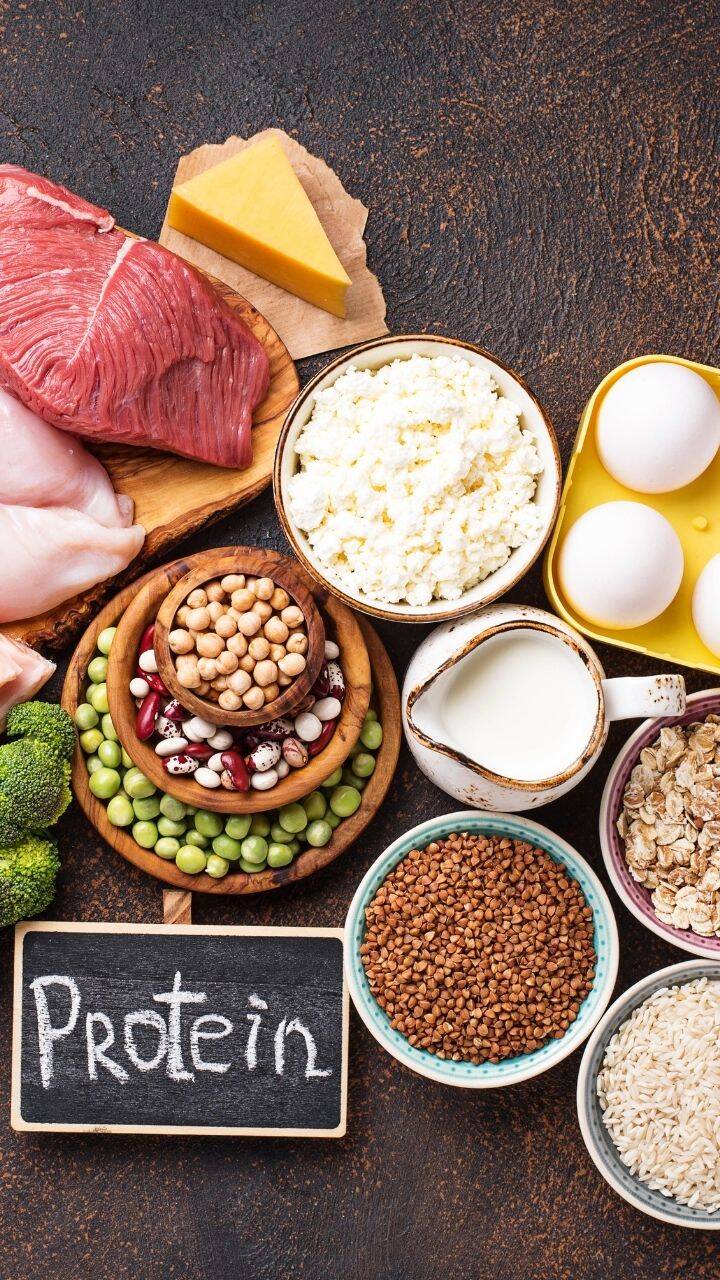
There is no need to introduce protein. You probably already know this as one of the three major nutrients that make up your diet (the other two are fats and carbohydrates).
From supplements to energy bars, there are hundreds of products designed to make protein solutions readily available.
There are also complete diets based on increased protein intake, such as the Atkins diet and the Paleo diet. But what is protein anyway?
I will jump in here.
What is a protein? And why do I need it?
Proteins are considered a component of life and are found in every cell in the body.
(2) Proteins are composed of long-chain linked amino acids. There are 20 different amino acids, and the order in which the different amino acids are placed helps determine the role of that particular protein.
(3) Proteins play the following roles: Transport of molecules through the body. Helps repair cells and generate new cells. Protects the body from viruses and bacteria.
Promotes proper growth and development of children, adolescents and pregnant women.
If you don't supplement your diet with enough protein, you run the risk of missing these important functions. Over time, this can lead to problems such as muscle loss, slow growth, impaired heart and lung function, and even premature death. (Four) The latest in diet and nutrition.
How Much Protein Do You Need for Optimal Health?
Essential amino acids (those that your body cannot make on its own and must come out of food) can be found in the food you eat.
(2) To get it, you need to supplement your diet with a variety of protein-rich foods, as protein is naturally present in many nutritious foods, many of which are probably already in the normal diet. It is a part.
When you eat, your body takes protein from your food and breaks it down into amino acids that your body can use.
How to calculate recommended protein intake?
Symptoms of protein deficiency and health risks due to inadequate intake Protein deficiency occurs when you don't get enough protein.
The most serious cases lead to a form of malnutrition called Kwashiorkor. It usually affects people in very poor countries who do not have enough food to feed enough people.
It rarely occurs in the United States, and when it does occur, it is usually associated with some form of abuse. (9) The symptoms of protein deficiency are:
Slow growth Loss of muscle mass Rabbit Danner Edema is swelling caused by excess water in the tissues of the body.
Comments
Post a Comment